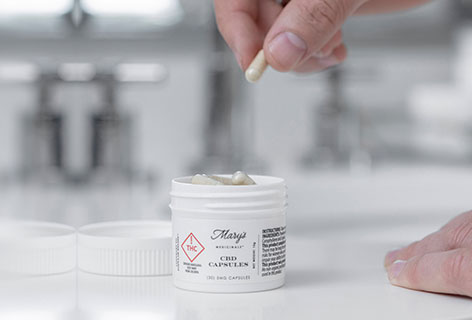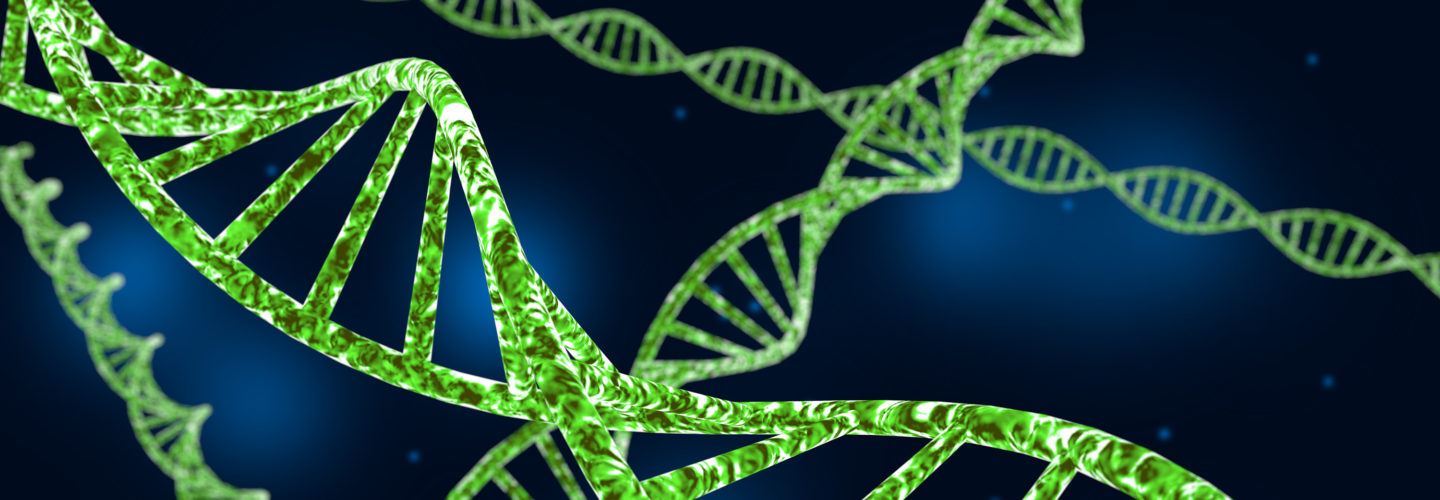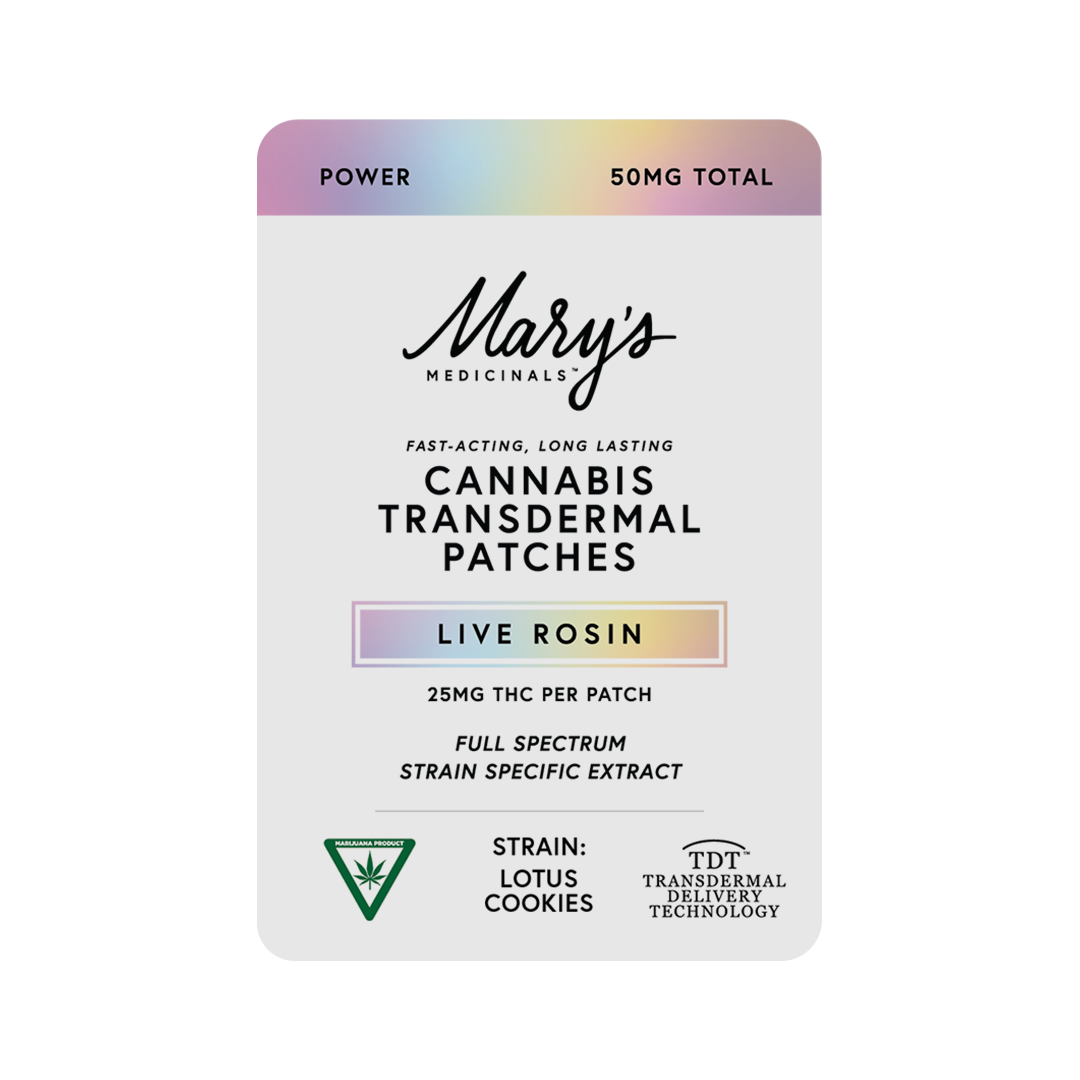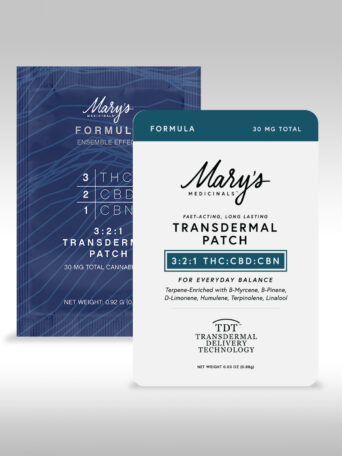This is the third report on The 2nd International Annual Congress on Controversies on Cannabis-Based Medicines held May 23-24, 2019 in Barcelona, Spain.
As medical cannabis becomes globally accepted there are more and more calls for research but the simple fact is that cannabis does not lend itself to conventional medical research. It is an extremely complex plant that interacts with an extremely complex physiological system called the endocannabinoid system. Adding to the complexity is the large number of cannabis cultivars.
For a growing number of researchers it has become apparent that to understand the medical utility of cannabis in a traditional sense we must parse the plant to its very core. We must look deep into the plant and take it apart, piece by piece. Thus we enter the micro-world of cannabis where genetics, molecular structure, fractions, and SNPs become the guiding lights.


In Barcelona there were two presentations that gave attendees a look into this fascinating area of research. Dr. David Meiri of Israel has blazed a path with his incredibly detailed database of cannabinoids from more than eighty different cultivars. Using nanotechnology, Dr. Meiri claims to have identified 28 different cannabinoid receptors and 144 phyto-cannabinoids. His painstaking work applies these cannabinoids—alone and in combination—to specific diseases. The potential combinations are in the thousands and finding the right combination is a daunting task. But Meiri is obviously a painstaking guy and the deeper he delves into this cannabis universe the more intrigued he becomes.
For several years he was focused solely on cancers but he is now looking at other diseases such as Parkinson’s and autism. Using high CBD/low THC, Meiri cites an 82% effectiveness rate in treating autism with significant improvements in restlessness and decreased aggressiveness and self harm. In Israel, it seems, the use of cannabis to treat autism is an absolute given. In February, at the CannaTech Panama meeting, Dr. Michael Dor of the Israeli Ministry of Health stated, that over 1,000 autism patients have been treated with cannabis and the results “are unbelievably good.”


Canadian Olga Kovalchuk and her colleagues are adding another level to the highly targeted approach that new technology offers. In addition to creating a cannabinoid database and targeting various diseases with different combinations of cannabinoids, Dr. Kovalchuk feels the epigenetic makeup of the patient is critical to the success of medical cannabis use. Her company is looking at ways to map a patient’s epigenetics and then use their database to target specific cannabinoids to the disease.
Epigenetics is the study of changes in organisms caused by modification of gene expression rather than alteration of the genetic code itself. These changes can be caused by the environment, food, trauma, and an entire range of experience. It could explain why the same cannabis cultivar can react so differently on patients with the same disease. One patient may respond positively while the other does not. Go a step further and add in the complexities of the endocannabinoid system, which we are only just starting to understand, and one can see a virtual galaxy of possibilities.
Research in this particular area is, literally, in its infancy but new scholars are already making a significant contribution. One example was covered in “Prime Time #33, “Stirring the Pot.” Using genetic profiles, Dr. Anna Schwabe revealed that the U.S. federal government’s heralded “research-grade marijuana,” the cultivar that must be used for all “legitimate” cannabis research, is not any better than high potency hemp. As the U.S. government continues to bury its head in the sand with regard to cannabis research, scientists in other nations with more practical regulations are rapidly advancing our knowledge of this fascinating plant. We wish them godspeed. ❖
Up Next! “The Role of Nurses,” from the 2nd International Annual Congress on Controversies on Cannabis-Based Medicines.











